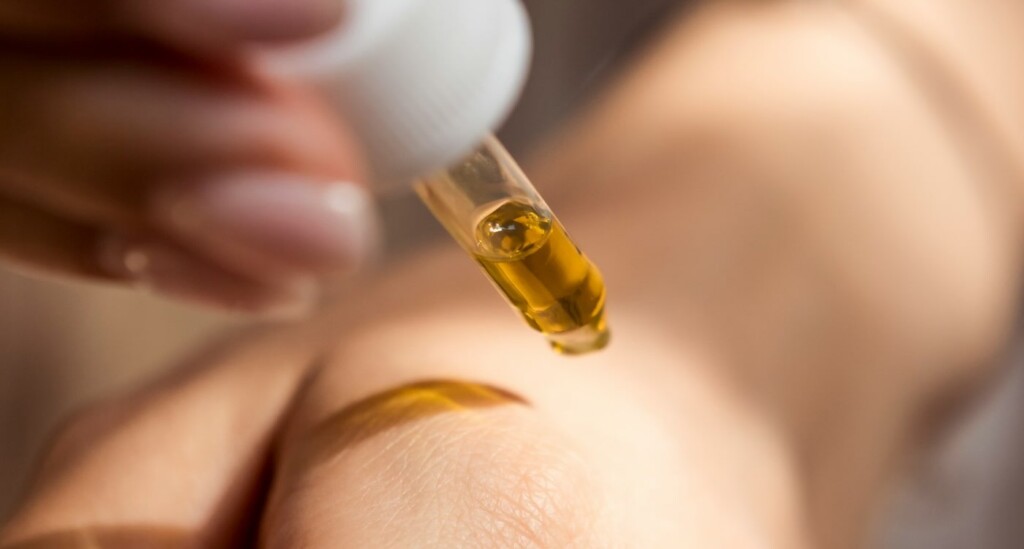
Justin Stebbing, Anglia Ruskin UniversityImagine a world where bacteria, typically feared for causing disease, are turned into powerful weapons against cancer. That’s exactly what some scientists are working on. And they are beginning to unravel the mechanisms for doing so, using genetically engineered bacteria to target and destroy cancer cells.
Using bacteria to fight cancer dates back to the 1860s when William B. Coley, often called the father of immunotherapy, injected bacteria called streptococci into a young patient with inoperable bone cancer. Surprisingly, this unconventional approach led to the tumour shrinking, marking one of the first examples of immunotherapy.
Over the next few decades, as head of the Bone Tumour Service at Memorial Hospital in New York, Coley injected over 1,000 cancer patients with bacteria or bacterial products. These products became known as Coley’s toxins.
Despite this early promise, progress in bacteria-based cancer therapies has been slow. The development of radiation therapy and chemotherapy overshadowed Coley’s work, and his approach faced scepticism from the medical community.
However, modern immunology has vindicated many of Coley’s principles, showing that some cancers are indeed very sensitive to an enhanced immune system, an approach we can often capture to treat patients.
How bacteria-based...

